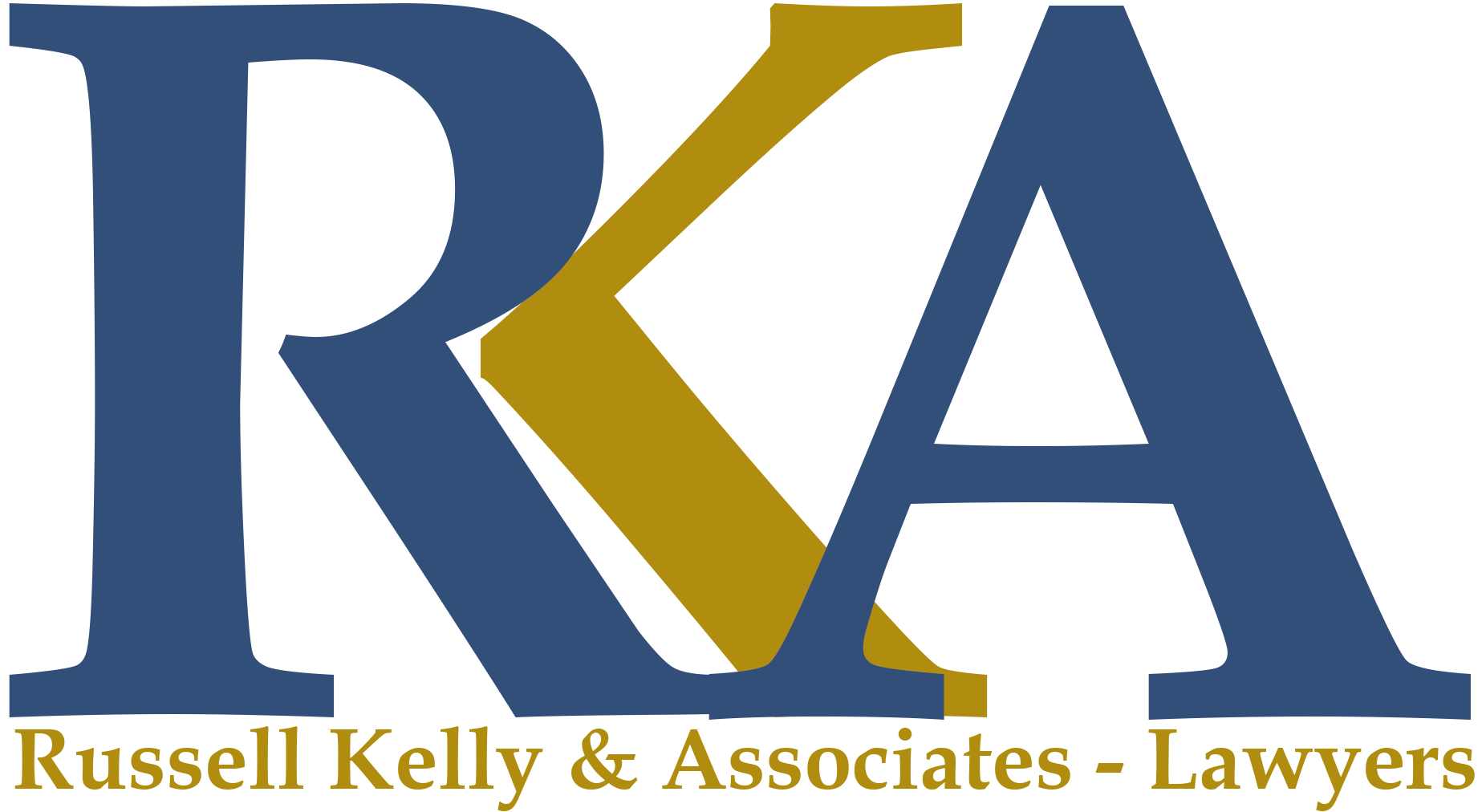Land Tax
What is Land Tax?
Land tax is a tax levied on the owners of land in NSW as at midnight on 31 December of each year. In general, your principal place of residence (your home) or land used for primary production (a farm) is exempt from land tax. You may be liable for land tax if you own or part-own:
- Vacant land, including vacant rural land
- land where a house, residential unit or flat has been built
- a holiday home
- investment properties
- company title units
- residential, commercial or industrial units, including car spaces
- commercial properties, including factories, shops and warehouses
- land leased from state or local government
Are You Liable to Pay Land Tax?
If you own any property that is not your principal place of residence, including a holiday house or unit, you may be liable to pay Land Tax. This includes property that does not earn any income. Your will need to register with Revenue NSW register for land tax.
Amount Of Land Tax Payable
The amount of Land Tax payable depends on the combined value of any Taxable Land you own or have an interest in, excluding exempt land. The value of Taxable Land does not include any structural improvements, such as a house. Also, you do not pay Land Tax in NSW on any properties you own outside of NSW.
Exemptions
Your home or as it is termed your “principal place of residence” is generally exempt from Land Tax. There are however certain other exemptions, which may apply and we can advise you if property owned by you is exempt from the payment of Land Tax.
Land tax rates
The tax thresholds for 2023 are:
The land tax threshold is $969,000.00.
The amount of tax paid is $100 plus 1.6% up to the land value between the threshold and the premium rate threshold, $5,925,000.00, and 2% thereafter.
An individual’s interest in a partnership may also be assessed if that owner holds other land individually or with other partnerships.
If the combined value of your land does not exceed the threshold, no land tax is payable.
Companies
A company is assessed in the same way as an individual unless it is related to another company.
Related companies
Companies are related if:
- a company controls the composition of the board of directors of the other company
- one or more persons own more than half the voting shares in two or more companies
- a person(s) and a company, in which they are a shareholder together, have a controlling interest shareholding in another company.
When assessing related companies the concessional company receives the benefit of the threshold and each other company (non-concessional) is assessed without the threshold.
Where the concessional or joint concessional companies’ land value exceeds the premium rate threshold, the land value of each non-concessional company is assessed at 2 per cent of the taxable value.
Where the land value does not exceed the premium rate threshold, but exceeds the general threshold, the land value of each non-concessional company is assessed at 1.6 per cent of the taxable value.
Average land values
Since 2007, the value used to determine your land tax liability will generally be the average of the land value for the current tax year and the land values for the previous two years. Where a parcel of land was only recently created (eg by subdivision or amalgamation) the average value will be based only on the land values for those taxing dates when the newly created land item did exist.
Further information can be found on the Revenue NSW Land Tax Page
If you believe that you may be liable to pay Land Tax contact us in order that we can investigate your liability. Remember that if you are liable to pay Land Tax and fail to do so, substantial fines are payable and the sale of your property may be delayed while Land Tax liability is determined
Readers should not act or rely on this information without first seeking out professional advice concerning their particular circumstances
